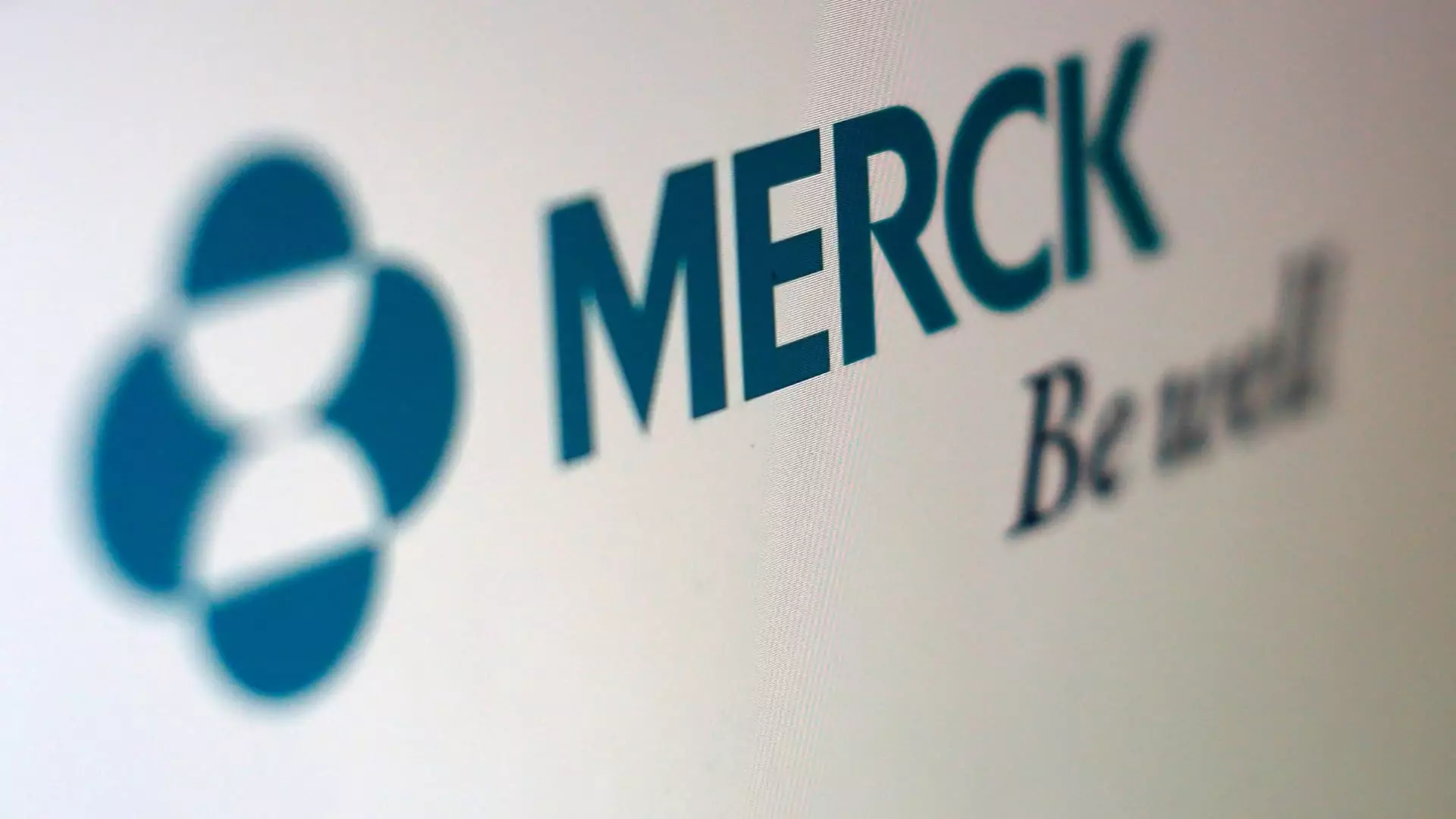The recent approval of Merck’s monoclonal antibody treatment, Enflonsia, by the Food and Drug Administration heralds a monumental shift in how we combat respiratory syncytial virus (RSV) in infants. This isn’t merely another drug entering the ever-crowded pharmaceutical marketplace; it’s a vital intervention that promises to save lives. Every year, RSV claims hundreds of innocent lives, primarily among infants, and leads to a staggering number of hospitalizations in older adults. While this approval comes as a significant victory, it raises substantial questions about our healthcare system’s agility and our preparedness for such preventable tragedies.
Competition Breeds Innovation: The Battle of Monoclonal Antibodies
Merck’s Enflonsia enters a competitive landscape dominated by Sanofi and AstraZeneca’s Beyfortus, which has faced supply issues during peak RSV seasons. In a world where competition fosters innovation, the approval of Enflonsia shows promise for better availability and potentially enhanced healthcare outcomes for families grappling with RSV-inflicted illnesses. Notably, Merck’s drug is weight agnostic, a crucial feature that streamlines dosing for healthcare providers. This simple but important attribute reveals not only the company’s commitment to accessibility but also highlights systemic weaknesses in existing treatments that are burdened by outdated dosage parameters.
This would stand in stark contrast to Beyfortus, which is weight-dependent, leading to complications in compliance, particularly in under-resourced healthcare settings. When lives hang in the balance, every second—and every dose—matters. It’s imperative that we incentivize more pharmaceutical companies to adopt similar patient-centric approaches.
Healthcare Imperatives: Addressing Supply Chain Concerns
The market is already rife with talk of shortages and supply chain disruptions. While Merck’s proactive measures to ensure availability ahead of RSV season is commendable, it reveals a critical vulnerability in our healthcare infrastructure. The public’s trust in pharmaceutical companies takes a hit when demand outstrips supply, causing families to worry about access to life-saving treatment. Therefore, while the arrival of Enflonsia is commendable, this moment should prompt us to question how we can make such crises a thing of the past.
Moreover, it’s essential to highlight that while the competition between these major players might increase options for families, it also raises a critical issue regarding ethical marketing practices. Pharmaceutical companies must prioritize patient welfare over profit, ensuring that supply chains are robust enough to meet not just peak demands but everyday needs.
Vaccine Development: A Mixed Bag of Progress
Simultaneously, we see something of a troubling slowdown in other forms of RSV prevention, particularly vaccines being developed by major companies like Pfizer, GSK, and Moderna. These vaccines, primarily designed for adults and pregnant women, reveal a glaring gap in our overall strategy against RSV, especially considering the FDA’s pause on trials for young children due to safety concerns. If we are to take full advantage of our medical technological advancements, we must remain vigilant in addressing not only the challenges but also the moral imperatives surrounding pediatric healthcare.
A concerted effort must be made towards rigorous research while also keeping patient welfare at the forefront. Indictments against the pharmaceutical giants for prioritizing profit over human lives won’t vanish unless healthcare practitioners and the public demand equitable access to innovations—especially for vulnerable populations like infants.
Time to Advocate for Patients
Enflonsia represents more than a new treatment; it’s a wake-up call for society at large. We must advocate for comprehensive and inclusive healthcare policies that ensure such medical advances benefit everyone, not just those who can afford them. The healthcare system requires accountability from pharmaceutical companies, healthcare practitioners, and legislators alike. As a society governed by the principles of liberalism, should we not challenge the status quo that allows for disparities in health outcomes?
In this complex arena of RSV treatment and prevention, complacency is not an option. The arrival of Enflonsia should serve as both a beacon of hope and a call to action for everyone involved in healthcare. Let’s not just celebrate the innovation; let’s demand sustainable frameworks that ensure these innovations are available to those who need them the most.

